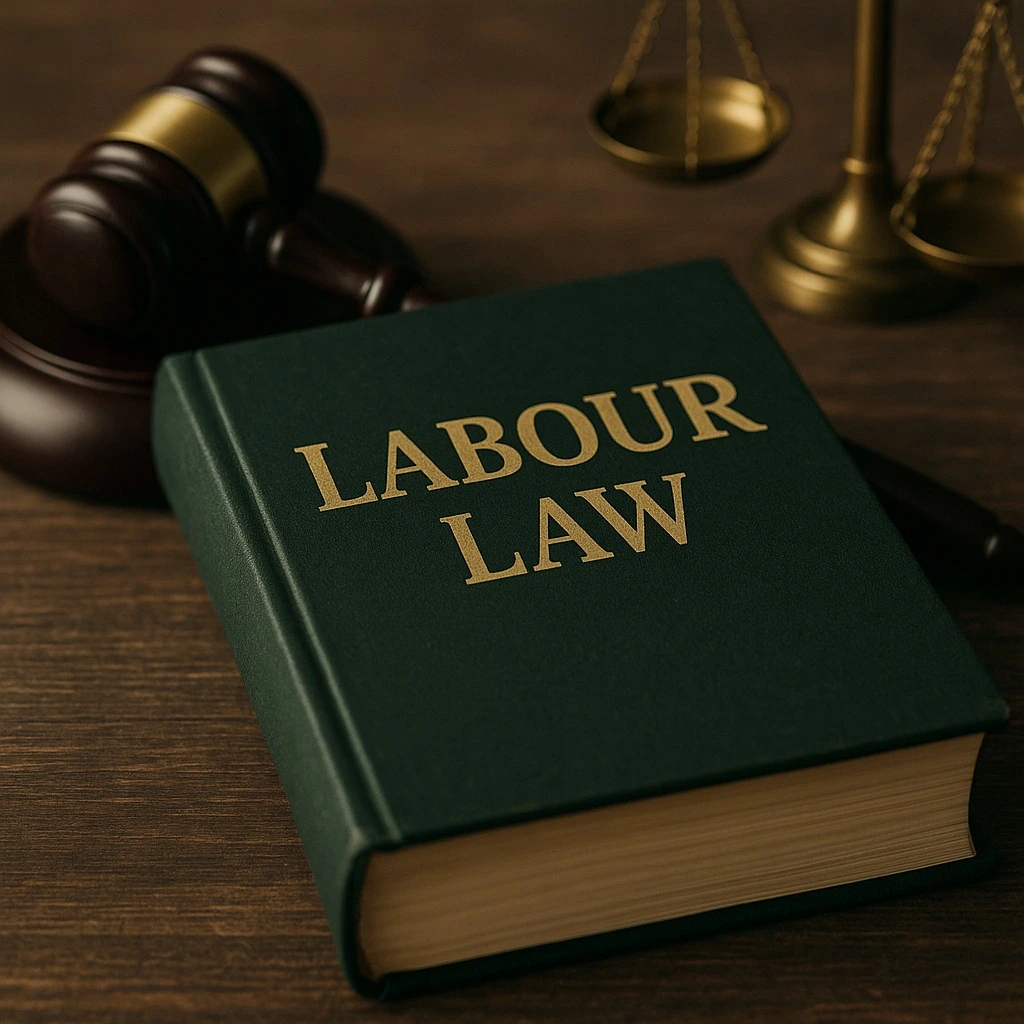Starting a new job in Dubai comes with a mix of excitement and adjustment. It is a fresh chapter, full of opportunity, but it also comes with a probation period that many overlook.
This early stage is not just about proving yourself; it is also your chance to understand the company, your role, and what is expected of you.
Knowing your rights and responsibilities during probation can help you avoid misunderstandings and feel more in control as you settle into your new position. With the right information, you can approach this period with clarity, confidence, and a stronger sense of direction.
What Exactly Is the Probation Period in UAE Jobs?
In the UAE, the probation period is a trial phase at the beginning of a new job. It gives both the employer and the employee time to assess whether the working relationship is the right fit. For the employer, it is a chance to evaluate performance, reliability, and overall suitability for the role.
For the employee, it is a period to understand the job responsibilities, work culture, and expectations before committing long-term.
According to UAE Labour Law, the probation period can last up to six months and cannot be extended beyond that. During this time, either party can end the employment contract, but there are legal requirements for notice periods and final settlements.
If an employee is moving to a different job in a different industry, a new probation period may be allowed, provided it is approved by the Ministry of Human Resources and Emiratisation.
Key Facts You Must Know About UAE Probation Rules
Under the current UAE Labour Law, the maximum probation period is six months. This timeframe allows employers to assess whether a new hire is performing well and meeting expectations.
During probation, the employer can terminate the contract more easily than after confirmation, but there are still rules that protect the employee.
Even while on probation, termination must follow a formal process. Employers are required to give written notice, typically 14 days before ending the contract.
Immediate dismissal is only allowed in serious cases, such as misconduct or violation of company policy, and must be legally justified. Employees also have the right to resign during probation, but they must provide proper notice as outlined in the law.
These regulations ensure that probation is fair and transparent for both sides, giving everyone a clear understanding of their rights and responsibilities during this early stage of employment.
If you’re unsure about how these rules apply to your situation, consulting a Labour Lawyer in Dubai can provide valuable clarity and ensure your legal rights are fully protected.
Are You Allowed to Resign During Your UAE Probation Period?
Many workers ask, “Can I resign during probation period?” The answer is yes. You have the right to resign while on probation, but there are rules around it. You’ll need to give notice.
The required UAE employment resignation probation notice period is usually 14 days, but this can vary depending on your contract or employer policy. Make sure to read your employment offer letter or speak to your HR team before making any moves.
What to Expect When You Resign During UAE Probation in 2025
If you’re thinking, “What happens if I resign during my probation period in UAE 2025,” the law is quite clear. You must provide notice in writing. If you’re planning to leave the country, you must give 14 days’ notice.
If you’re switching to another UAE-based employer, you need to give a 30-day notice. If you don’t, you might face a labor ban, depending on the situation. This is why it’s important to get legal advice before resigning.
When and How Employers Can Terminate During Probation
Termination during probation period is allowed under UAE law, but employers must provide written notice. Typically, this is 14 days, but it can be more based on your employment contract. Employers can end the contract if the employee isn’t meeting expectations.
Still, the employer must follow legal steps, or they may face penalties. Employees terminated during probation must be paid for all the days worked, including any overtime or leave owed.
UAE 2025 Resignation Rules: What Applies During Probation
The rules around UAE employment probation resignation are meant to protect both the employer and employee. While you’re on probation, you’re still bound by UAE labor laws.
This means your employer must pay your salary on time, provide a safe workplace, and treat you fairly. If you resign or are terminated, you are still entitled to your dues. Understanding the law helps you make better decisions during this crucial period.
Why Knowing Your Probation Rights Is Critical as an Employee
Understanding what is probation period helps employees protect themselves. Some employers may use the probation excuse to avoid legal responsibilities. If you know the law, you can spot when something’s wrong.
For example, being fired without notice, not being paid properly, or being forced to resign are all red flags. Knowing your rights means you can speak up with confidence or get help if needed. A little knowledge goes a long way.

Why UAE Employers Must Respect Labor Laws During Probation
Employers also benefit from following the rules of probation. When a company respects labor laws, it builds a strong reputation and avoids legal risks. Fair treatment leads to better employee performance and loyalty.
It also prevents disputes that could result in lawsuits or labor penalties. Having a clear policy in place for probation makes onboarding smoother and sets the right tone for the work relationship.
When You Should Seek Legal Advice About Probation Issues
Probation might feel simple, but problems can arise if the rules aren’t followed. Whether you’re thinking about quitting or your employer has let you go, it’s a good idea to understand your legal rights.
That’s where professional advice comes in handy. A legal expert can help you understand your contract and guide you through the process so that everything is done fairly and correctly.
Conclusion
The probation period sets the tone for employer-employee relationships. It defines expectations and rights. UAE labor law provides clear rules, and both sides must follow them.
If confusion arises, Ayesha Al Jaziri Lawyers offers expert legal support to protect your rights and ensure fair treatment from the start. Contact us promptly at +971 5594 83605 or info@aljaziriadvocates.com. Visit our office at Control Tower, 31st Floor, Motor City, Dubai for legal support.








